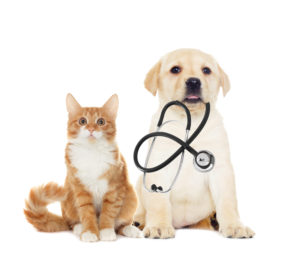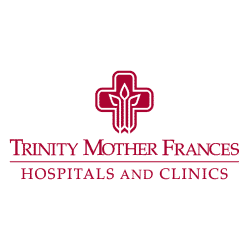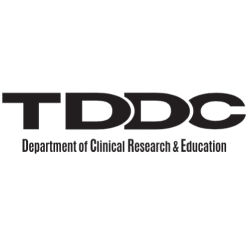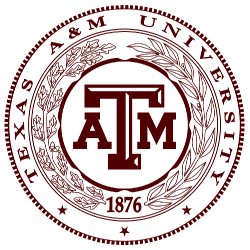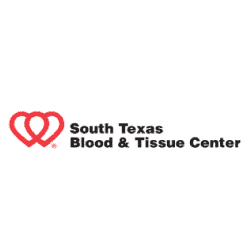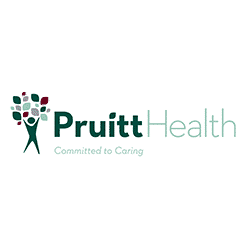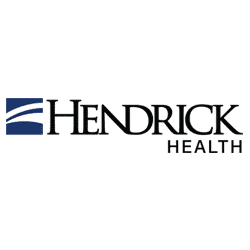In an era of unprecedented healthcare advancements, a concerning byproduct has emerged – a staggering amount of medical waste. From big city hospitals to rural clinics, facilities across the globe are grappling with the complexities of managing this ever-growing stream of potentially hazardous materials.
The numbers are staggering. According to the World Health Organization, an estimated 85% of the total amount of waste generated by healthcare activities is considered non-hazardous. However, the remaining 15% is classified as hazardous material that may be infectious, toxic, or radioactive. Improper handling and disposal of this medical waste can have severe consequences for both human health and the environment.
Take the example of needle-stick injuries, which pose a significant risk of transmitting life-threatening diseases like HIV, hepatitis B, and hepatitis C. In the United States alone, it is estimated that over 800,000 needle-stick injuries occur annually among healthcare workers. Alarmingly, many of these incidents could have been prevented with proper sharps disposal practices.
Beyond the immediate health risks, the environmental impact of medical waste mismanagement is equally concerning. Improperly disposed of pharmaceuticals can contaminate water supplies, while infectious waste can contribute to the spread of disease. In developing nations, where waste management infrastructure is often lacking, the consequences can be particularly severe.
A Comprehensive Solution
In the face of this mounting crisis, MedSharps has emerged as a pioneering force in the medical waste management industry. Our company offers a comprehensive suite of services designed to address every aspect of the waste disposal process, from initial segregation and collection to final treatment and disposal.
One of our core strengths lies in our deep understanding of the complex regulatory landscape surrounding medical waste. Our team of experts meticulously adheres to all local, state, and federal guidelines, ensuring that our clients remain fully compliant while minimizing their liability risks.
Safety: Our Top Priority
At MedSharps, safety is more than just a buzzword – it’s a fundamental pillar of our operations. We employ strict protocols and state-of-the-art equipment to ensure that all hazardous materials are handled with the utmost care and precision.
Take our sharps disposal services, for example. We provide healthcare facilities with puncture-resistant containers specifically designed for the safe collection and transportation of used needles, syringes, and other sharps. These containers are clearly labeled and equipped with secure locking mechanisms to prevent accidental exposure or tampering.
Tailored Solutions for Every Facility
We understand that every healthcare facility is unique, with its own set of challenges and requirements. That’s why MedSharps offers tailored solutions that can be customized to meet the specific needs of each client.
For instance, a large metropolitan hospital may require a comprehensive waste management program that encompasses everything from regulated medical waste to pharmaceutical waste and pathological waste. Our scalable services can accommodate these diverse needs, ensuring that every waste stream is handled appropriately and efficiently.
On the other hand, a smaller outpatient clinic may only require occasional sharps disposal services. In such cases, we offer flexible scheduling and pickup options to ensure that their waste management needs are met without unnecessary overhead.
Embracing Sustainability
At MedSharps, we recognize that environmental responsibility is immensely important. That’s why we’ve made sustainability a core tenet of our operations.
Our state-of-the-art treatment facilities employ cutting-edge technologies to render medical waste non-infectious and safe for disposal. Additionally, we prioritize recycling and waste-to-energy initiatives whenever possible, minimizing the overall environmental impact of our operations.
Setting the Standard for Excellence
As the healthcare landscape continues to evolve, the challenges of medical waste management will only become more complex. However, MedSharps remains committed to staying ahead of the curve, setting the standard for excellence in this vital industry.
Through our unwavering dedication to safety, compliance, and sustainability, we strive to be more than just a service provider – we aim to be a trusted partner to healthcare facilities across the globe. By alleviating the burden of medical waste disposal, we empower our clients to focus on what truly matters: delivering exceptional patient care and advancing the frontiers of modern medicine.

